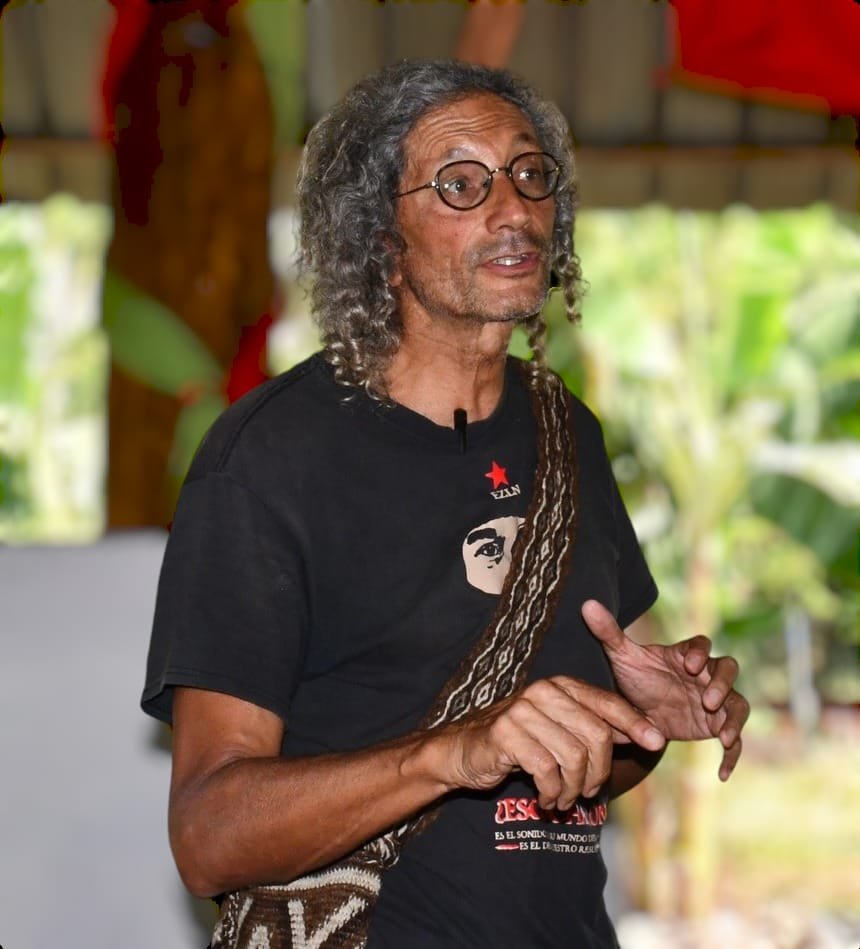Pueblos en Camino: What Peace Are We Talking About?
Join us for an inspiring, critical and thought-provoking conversation with two remarkable speakers whose work spans decades of social activism, and community building in Colombia. Vilma Rocío Almendra Quiguanás and Manuel Rozental Klinger will share their experiences from the Mother of the Forests, Kauca.
Both speakers provide valuable perspectives on how some community processes persevere in increasingly adverse conditions to build peace, while others, previously very strong, are being co-opted.
Wednesday, April 16 at St. James Community Square (room 104)
3214 W 10th Ave, Vancouver.
6:30 pm to 8:30 pm
(Optional) admission by donation to Pueblos en Camino
Presented by CoDevelopment Canada
English-Spanish interpretation will be provided.
Notes from the speakers
Since the signing of the peace agreement between the Colombian government and the FARC-EP, the various regions of the country are gradually and dramatically consolidating as Autonomous Criminal Territories. The presence of armed groups is expanding in a context of total war between these groups -including the armed forces of the state - in such a way that the territorial dominion of some of these structures is expanding, while in other regions there is a coexistence or a dispute in open war between them. All of this has been clearly documented by organizations that monitor the armed conflict.
This conversation will explain how the so-called “Peace Agreements” were not only not complied with by the government, but also how the enormous international and national resources destined for their implementation were stolen by the state, how social leaders, including the signatories of the agreements and the demobilized, were systematically assassinated and massacred, and how the social reform projects with programs and resources for the communities have been largely unfulfilled.
A dramatic example of this is the Illicit Crop Substitution program. While the communities destroyed coca and marijuana crops from which they obtained their livelihoods, state institutions used this as a propaganda tool, suspending and stealing pending aid and support, which led the communities, encouraged by armed groups, to replant and increase the areas planted with these crops. Since the agreements, drug trafficking, as well as extractivism, were strengthened, involving from the grassroots to the elites, companies and groups of national and international legal power in all areas. This explains the social outbursts of 2019 and 2021, brutally repressed.
This intention to “shatter” the agreement, as the ultra-right openly promised and did, led to a worsening of the living conditions of the communities and an aggravation of violence practically throughout the national territory. The situation today is much worse than before the signing of the agreement for the peoples, given the multiplication of armed groups. Most of these groups have joined organized crime and extractivism networks aimed at controlling territories and populations that live under constant extortion and terror.
The enormous resources and wealth (nature and labor) are linked to an economic network of capitalism in its most recent phase, generating enormous profits and value transfers to elites and the North. In fact, this process of territorial criminalization involves public offices, electoral processes, state contracts from the barrios to the highest levels of the state. Total war and mafias, could describe the process in the making and ongoing today.
All this takes place in the context of centuries of extreme right-wing governance, state corruption, protection of economic neoliberalism, refusal to address the root causes of social insecurity and violence. This consolidated Colombia, under the control and guidance of U.S. foreign policies, not only as its strongest ally in the region, but established it as the “Genocidal Democracy” described by Father Javier Giraldo.
The Petro government's Total Peace Project faces this context and dynamics, hence its limitations, stagnation and ongoing deterioration. This bet faces both a State consolidated for dispossession and tyranny, as well as privileged elites it serves, whose power has not been touched. The economic model untouched in the peace negotiations and an economy that articulates and coordinates the legal with the illegal, both exploiting peoples and territories and sustained by mafia structures of terror and war. Put bluntly, the armed groups and their counterparts in legal and illegal capital, national and transnational, are not interested in a negotiated solution.
Vilma and Manuel hope to emphasize both how this is lived and suffered in the territories and how this relates to the national and global context. In addition, state institutions have forced many communities into marginalization, pushing young people into delinquency.
In reality, peace was not negotiated or agreed but a ceasefire between state armed groups and the insurgency with a condition imposed by President Santos: “The model is not negotiable”. This model is the cause of the war. It is pending to move from a “Country of the Owners without Peoples” to a “Country of the Peoples without Owners”.






















